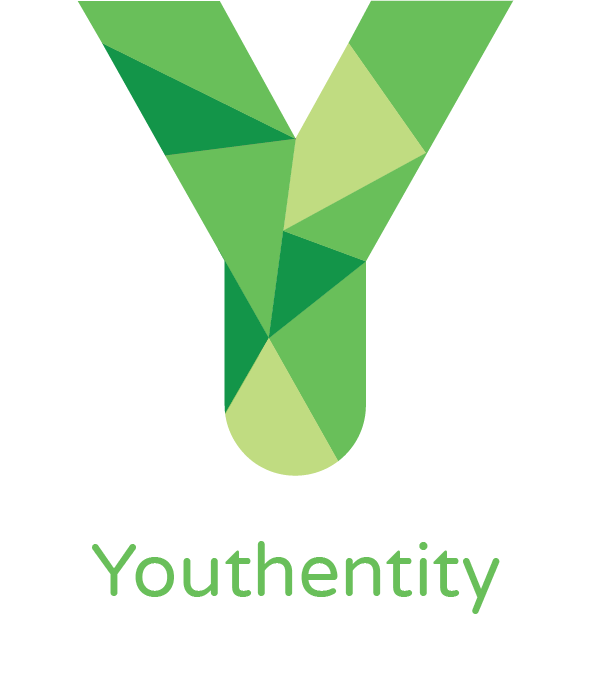Youthentity column: Getting the most out of college
Young people now expect more out of their higher education experiences – and rightly so.
When I left for college, my expectations of the experience were vague at best. I assumed it would include close-quartered living spaces, an unhealthy intake of pizza and ticking off required classes over the course of several years. The end goal, of course, was to be awarded that all-important piece of paper stating that I was educated in the field I intended to join.
At graduation, despite my four years of classes, I still felt uncertain about the future and my qualifications to join the workforce. Looking back, I wish I’d focused on pursuing more hands-on, real-life learning opportunities: internships and related part-time or summer jobs, work-study programs, or taking a year off to immerse myself in a professional environment. Those options would have done a world of good, and certainly would have provided both clarity and connection to my target industry and infused a deeper meaning into my classwork.
Fortunately, today’s college-bound students are wise to the challenging career landscape and are more likely to consider actual outcomes of an education. As they must in this increasingly competitive world, young people don’t have the luxury of meeting baseline requirements.
The statistics surrounding the rising cost of college are staggering: between 1999-2000 and 2019-20, tuition at the average four-year institution increased 136.5%, an annual rate of 6.8%. With student loan debt and its potential consequences a hot topic, young people want to graduate with an assurance that their years of hard work — and tuition payments – will result in firm footing on the path to success.
Outside of their studies, young people expect more from their college experiences:
Internships and hands-on experiences: Nothing beats learning from professionals in the field. Concepts learned in a classroom are cemented as real skills when applied in the workplace. And just as important, these experiences show young people the realities of the field they hope to join (and in some cases, helping them find a different path that better utilizes their individual talents and strengths).
Return on investment: Specifically, the cost of education versus the salary and wages one can expect over time. Students want to know if this degree will allow for loan repayment and afford upward mobility to live comfortably? At Youthentity, our Career Academy curriculum includes life planning — an exercise in which students compare several career paths, including trajectory of wages.
Mentorship and networking: The fact remains that most opportunities come to job seekers from within their network — simply sending out resumes and blindly applying to posted positions is not enough. Young people understand that connections made with industry experts are the way into a job or career — and that networking often begins at school through professors, staff and fellow students.
Higher education is no longer simply about receiving a degree — there’s too much at stake for the investment of time and money. While students may be pushed by their academic institutions to achieve the outcomes above, most will need to be self-driven. The earlier young people are introduced to these concepts, the more adept they’ll be at planning for successful futures.
Kirsten McDaniel is the executive director of Youthentity, a Carbondale-based youth development nonprofit that offers career exploration opportunities and personal financial literacy education to over 5,500 youth throughout Colorado. Read this column over at the Glenwood Springs Post Independent.
